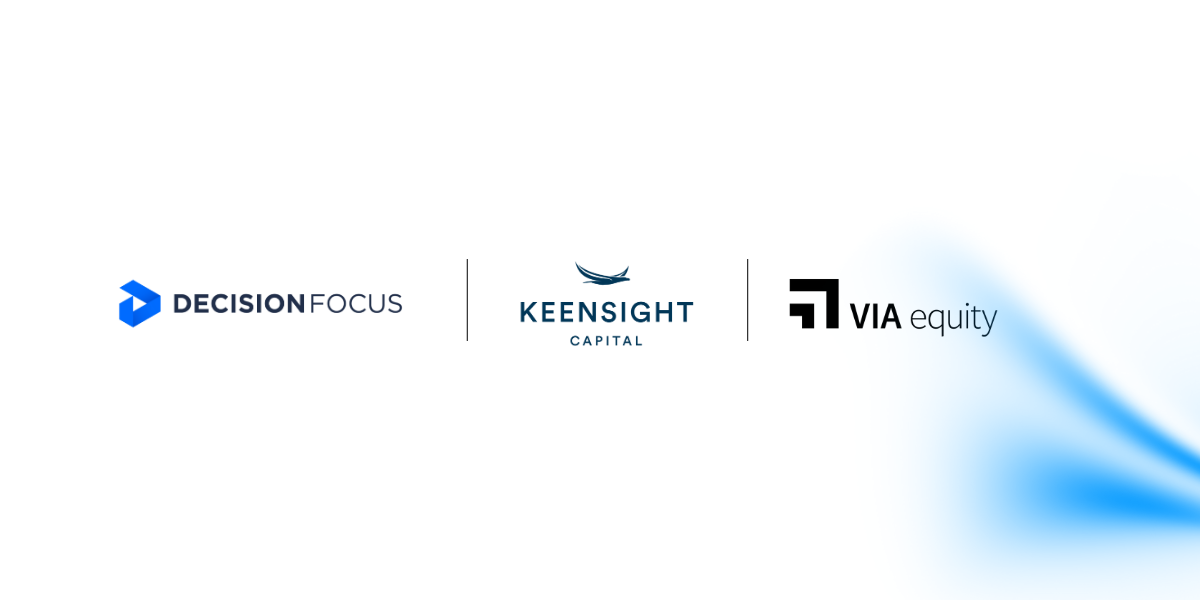The role of Compliance Officers in modern organisations

Organisations may run the risk of underestimating compliance because its impact isn’t always immediately visible; success in compliance is usually measured by the absence of problems. Yet the role of Compliance Officers is more important today than ever, because the environment organisations operate in has become more complex, interconnected, and scrutinised.
Regulatory landscapes are expanding and shifting rapidly. Organisations face an unprecedented volume of regulation across multiple jurisdictions, particularly in areas like data privacy, anti-money laundering, financial conduct, ESG and cybersecurity. Laws are changing faster, penalties are heavier, and regulators are more proactive. Compliance Officers provide the expertise to keep pace and ensure that businesses can operate without interruption.
Reputational risk has never been higher. In our digital era, news of compliance failures spreads fast. A single misstep can erode stakeholder trust, damage brand value and trigger long-term financial harm. Compliance Officers play a central role in safeguarding reputation by embedding standards of integrity across the organisation.
Technology creates both risks and opportunities. AI, digital transformation and automation open new avenues for efficiency but also introduce risks around data protection, algorithmic bias and system security. The role of Compliance Officers in modern organisations includes embracing innovation responsibly, ensuring regulatory requirements are met while business value is created.
Stakeholder expectations are rising. Customers, investors and employees expect organisations to demonstrate ethical conduct and transparency, not just compliance with the law. Compliance Officers act as the bridge between regulatory obligations and stakeholder trust, guiding behaviour that goes beyond minimum requirements.
Globalisation adds further complexity. As businesses expand across geographies, they encounter divergent regulatory frameworks and enforcement regimes. Compliance Officers help organisations navigate these differences, ensuring consistency while respecting local requirements.
The cost of failure is greater than the cost of compliance. Fines, sanctions, litigation and operational disruptions can severely impact profitability. But beyond financial cost, the damage to employee morale and customer loyalty can be far harder to recover from. The role of Compliance Officers includes creating systems that prevent problems before they escalate.
Key pain points that Compliance Officers face
Common challenges include:
- Keeping up with ever-changing regulations and obligations across many jurisdictions.
- Ensuring policies, controls, procedures are up-to-date and aligned with requirements.
- Monitoring compliance status: knowing what is compliant, what isn’t; identifying gaps / issues.
- Collecting evidence, doing audits, managing findings and remediation actions.
- Reporting formally to senior management or boards, with accurate, timely data.
- Dealing with multiple siloes (risk, audit, compliance, governance, third parties) and many manual processes (spreadsheets, emails).
- Prioritising effort so limited compliance resources are focused where risk or regulatory exposure is greatest.
How technology is reshaping the role of Compliance Officers today
Modern GRC (Governance, Risk and Compliance) platforms and GRC Software, like Decision Focus, are transforming how Compliance Officers work, helping then move from reactive, manual and often fragmented compliance to a more proactive, systematic and integrated mode of operation.
Decision Focus provides a single, integrated platform that simplifies compliance and strengthens oversight. Its AI-powered Enterprise Compliance Engine supports horizon scanning and automatically links new or updated regulations to relevant policies and controls. This ensures that regulatory change is identified early and embedded into the organisation’s governance framework, reducing the risk of oversight.
Decision Focus also tackles the problem of siloed information. By consolidating risks, controls, audits and findings into one environment, it provides Compliance Officers and leadership with a single source of truth. Dashboards and real-time reporting give boards clear visibility of compliance status, making oversight both faster and more reliable.
Routine but resource-intensive tasks, such as tracking remediation actions, gathering evidence, and preparing reports, are automated through workflows and notifications. This not only improves efficiency but also frees compliance teams to focus on advising the business and addressing higher-risk areas.
Importantly, Decision Focus extends beyond internal processes. Its third party risk management module helps organisations monitor the compliance posture of vendors and partners, an area of increasing scrutiny. Policies and governance documents are also managed within the platform, ensuring they remain current, consistent and auditable.
Discover how Decision Focus could support compliance within your GRC framework. Why not reach out to find out more or book a demo?
.png)





